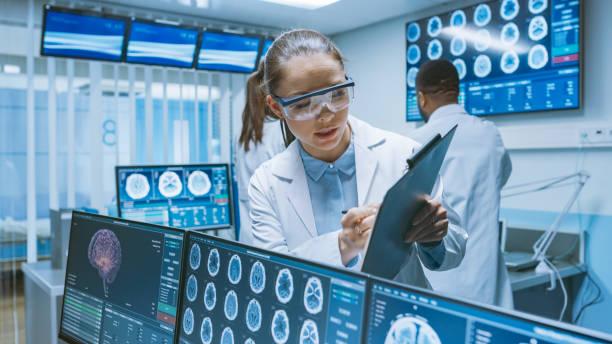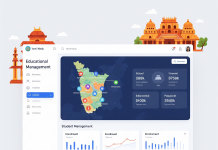
The Caribbean islands hold numerous medical colleges that are US accredited that are not just meant for students aspiring to graduate with a medical degree but also for those willing to own specialization in medicine in the form of an MD qualification.
Medical schools in the Caribbean train students based on a common and rigorous core curriculum that extends beyond just theoretical knowledge.
As a student of a Caribbean medical school of basic science, you will learn to explore your unique academic focus, leverage research opportunities and hone diverse teaching methods, to open doors through a wide range of career options in the future.
This article specifically addresses the most significant question that every medical aspirant has in their mind, which is things that every student should be ready to undergo as part of their medical course structure.
How long is a medical school?
Medical schools focusing on the basic sciences offered in the Caribbean islands require their candidates to undergo a four years graduate degree in medicine, in addition, two spending three to seven years in residency to ultimately become a doctor.
How do the first two years of a Caribbean medical school look like?
The first four semesters of a basic science medical school or the initial years is a combination of classroom and lab time study.
Besides taking classes in basic science that includes subjects such as biochemistry, anatomy, microbiology, pharmacology and pathology, you will also learn about the fundamentals of interviewing and examining patients to delegate an appropriate treatment for their illness.
You can choose to take up four or five different courses in various disciplines at the same time, or even choose to focus on a single subject with an interdisciplinary approach to preclinical coursework.
What will you learn in the 3rd and 4th year of your Medical College?
This is generally referred to as the clinical experience in which medical students are required to participate in rotations at clinics and hospitals affiliated with their medical school.
It is this period where students can choose a game specialty such as pediatrics, surgery, internal medicine or psychiatry to become a skilled apprentice who is proficient at performing basic medical procedures and interact with patients to determine the cause of an illness.
You can utilize this opportunity to acquire clerkship training, a vital requirement when it comes to hiring physicians at hospitals, inclining towards students who have gathered substantial experience with emergency medicine, trauma or infectious diseases affecting a diverse patient population.
What after qualifying from at school?
As a medical student who has made it through all four years, it is expected to kick start with your training as a primary care doctor at any medical institution.
This phase of responsibilities including coursework in patient handling, patient contact and longer clinical rotations in general fields, where you are expected to get actively involved in the surrounding communities to offer clinical care.
For students who are looking to pursue a career in biomedical research or academic medicine, you can look out for medical schools offering strong research programs where you can undergo training that is designed for primary care physicians under the supervision of an eminent mentor.
Send in your applications today!





